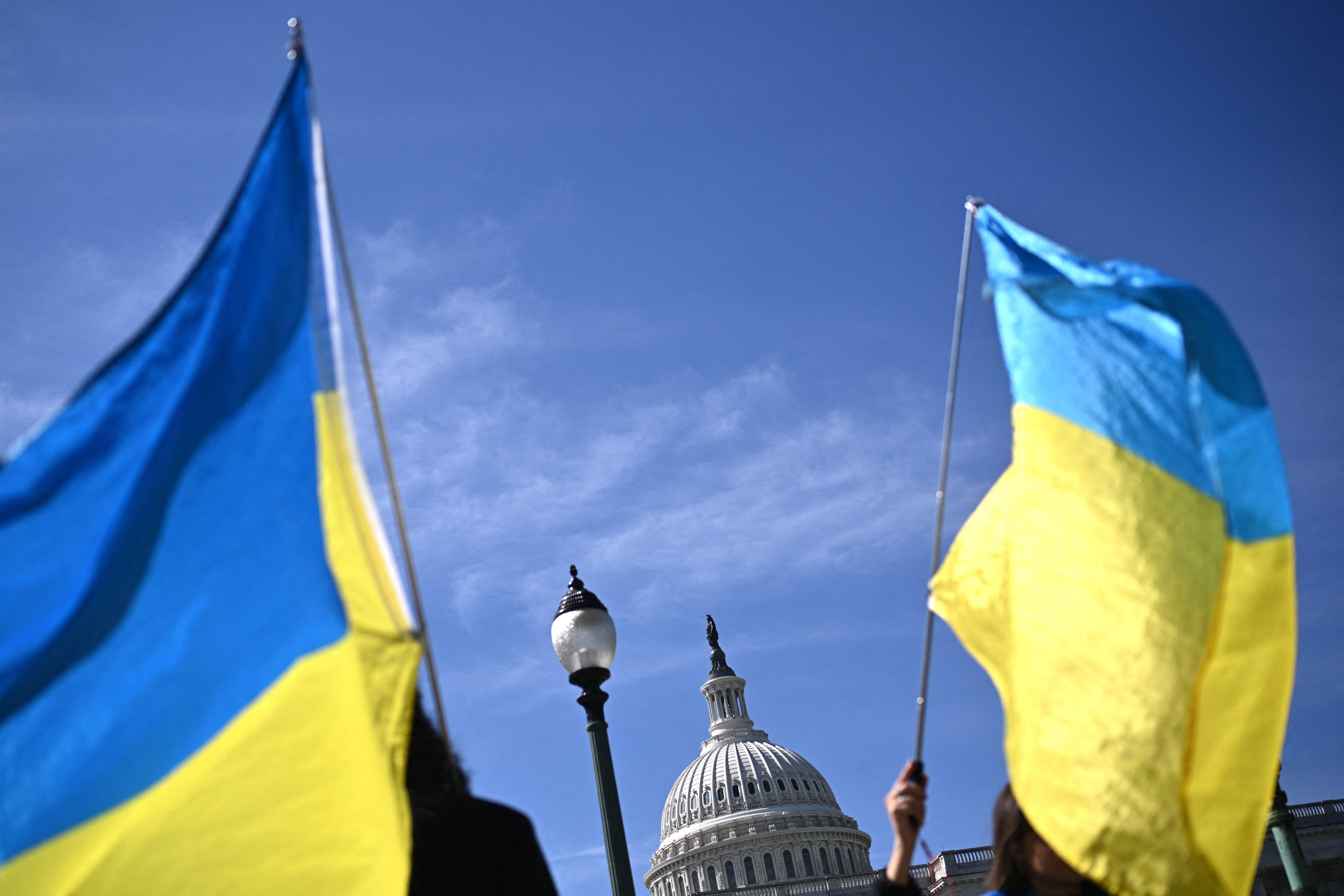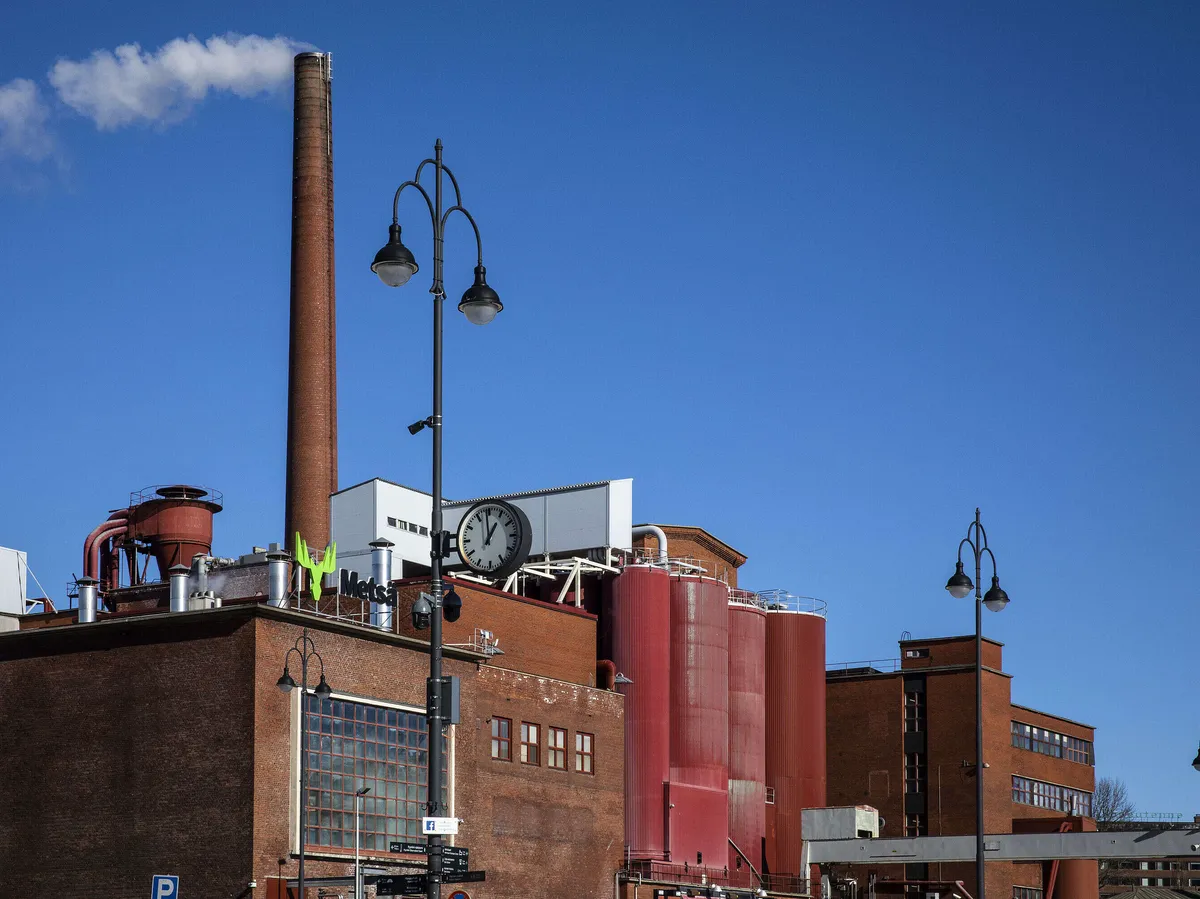Henry County, Virginia is set to receive a significant investment that could potentially bring...
President Biden has announced that the United States will be sending arms to Ukraine,...
Israel has the potential to make a significant contribution to space exploration, according to...
The HeatRisk Tool, a joint effort between the Centers for Disease Control and Prevention...
Metsä Board, a subsidiary of the Metsä Group, has announced a EUR 60 million...
A group of business associations is challenging a new rule that bans the use...
Wu Bing was once a successful businessman with a thriving cotton factory in Nantong,...
Grasshopper rats, also known as the “ghost wolf,” are a unique species that emits...
A new training center in Brandon is set to tackle the shortage of healthcare...
AMC Theatres has appointed Stephanie Tierney as Vice President of Distribution. This new role...









